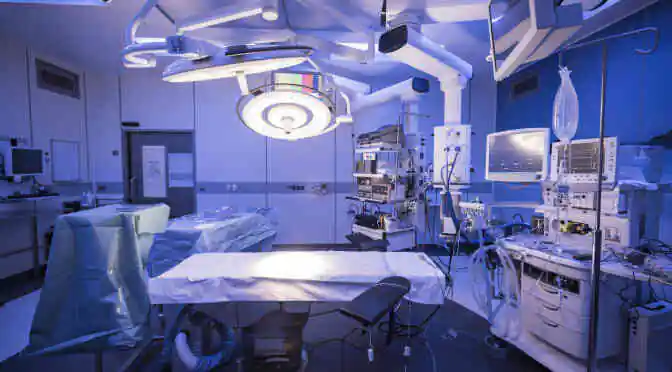A safety scare can be bad news for even the most established restaurants.
Take Chipotle, for instance. The embattled fast food chain is still nursing a damaged reputation after not one, but two major outbreaks in the past six months made dozens of customers sick.
The Chronicle Herald reported that Chipotle’s sales were down 36% in January, as the chain struggles to recover from an E. coli outbreak in October and a norovirus outbreak in December.
For the time being, we’re going to focus on the former: E. coli.
Its full name is Escherichia coli and it is one of the many bacteria found in the human intestine. This means that E. coli is usually harmless, but strains like E. coli O157: H7 cause severe stomach cramps, diarrhea, and vomiting. Serious cases can even result in kidney failure.
According to a Government of Canada fact sheet, E. coli infections can be caused by:
- improperly cooked beef;
- raw fruits and uncooked vegetables, including sprouts;
- untreated drinking water;
- unpasteurized (raw) milk and (raw) milk products, including raw milk cheese;
- unpasteurized apple juice/cider; and
- direct contact with animals at petting zoos or farms.
In an effort to cut down on outbreaks like the one at Chipotle, E. coli testing is up. According to Technavio, the global E. coli testing market is expected to grow from a value of $168.1 million in 2015 to $222.9 million by 2020.
The one small upside to high-profile outbreaks is that they boost awareness of E. coli and similar bacteria, and can actually drive demand in the testing market. This awareness, coupled with government healthcare initiatives is giving way to better tools and procedures for faster and more accurate diagnosis.




